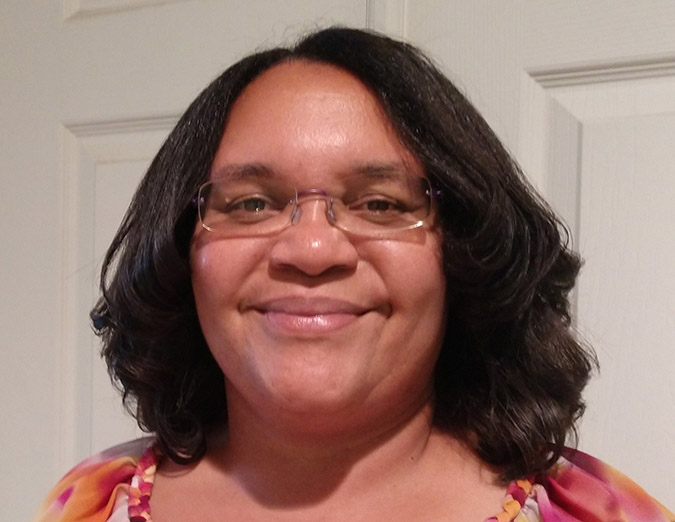Working longer? Maybe
Older adults who volunteer in their post-retirement years will receive some element of protection for their cognitive functioning, according to Dr. Ronica Rooks, a researcher from the University of Colorado Denver who presented her results at the recent Alzheimer’s Association International Conference (AAIC) in San Diego, California.

Working in paying jobs offers cognitive benefits for older adults too, according to Dr. Rooks, but not all jobs are created equal.
“The literature is clear that volunteering is protective for Mild Cognitive Impairment (a precursor for many to developing Alzheimer’s disease) and for slowing down the progression of early-stage dementia,” said Dr. Rooks, professor in the Department of Health and Behavioral Sciences and co-author on a study on aging and dementia.
In Dr. Rooks’ sample of adults aged 70 to 79, in the long-term Health, Aging, and Body Composition study, volunteering was related to 16% lower odds of developing dementia, with 24% lower odds among women.
According to the Alzheimer’s Association, Black Americans experience Alzheimer’s Disease and Related Dementias at double the rate of their White counterparts. Those odds were improved for older adults in the survey, showing a 31% higher risk of dementia for Black adults when considering their work status in the first year of the study, and 29% higher for Black adults when considering their volunteering in the first year of the study. But there are factors that leave those numbers up to interpretation.
Not every job is created equal – but volunteering is
“The literature seems mixed on working because there can be different types of physically demanding work in a range of occupations,” said Dr. Rooks. She noted that older Black adults were more likely to work than their White counterparts, and while working relates to better health and higher income, those jobs that require heavy lifting or manual labor may have offsetting factors.
“Not every job is created equal,” Dr. Rooks noted. “Those that are people-oriented or service-oriented provide that connectivity with people and goal-setting that are (cognitively) more beneficial. Manual labor would be less likely to give people that beneficial connectivity.”
The reason that volunteering may provide a higher level of cognitive protection than working is that volunteering is mentally and emotionally rewarding, whereas jobs may not be.
“Work may not always be pleasurable,” she said, “but volunteering is – or else we wouldn’t do it. (Volunteering) is satisfying and rewarding for our mental and physical health. It provides meaningful engagement and purpose in life.”
Men vs. women
According to the data in Dr. Rooks’ research, “women definitely are more likely to benefit from working and volunteering than men,” although she noted that more research is needed to understand the gender differences.
The Alzheimer’s-related gender differences between men and women remain noticeable, if not clearly understood. Women account for about two-thirds of all cases of Alzheimer’s. The fact that women outlive men by an average of 5 years in the U.S. (according to the 2017 census: 81.1 years vs. 76.1 years) is not believed to be a significant factor in the statistical difference, according to researchers, who continue to study the issue.
To learn more about Alzheimer’s Association programs and services, which are offered at no charge to families, go to
alz.org or call the Association’s free 24/7 Helpline at 800-272-3900.
Alzheimer's Association
The Alzheimer's Association leads the way to end Alzheimer's and all other dementia — by accelerating global research, driving risk reduction and early detection, and maximizing quality care and support. Our vision is a world without Alzheimer's and all other dementia.™ For more information, visit www.alz.org or call the 24/7 Helpline at 800.272.3900.